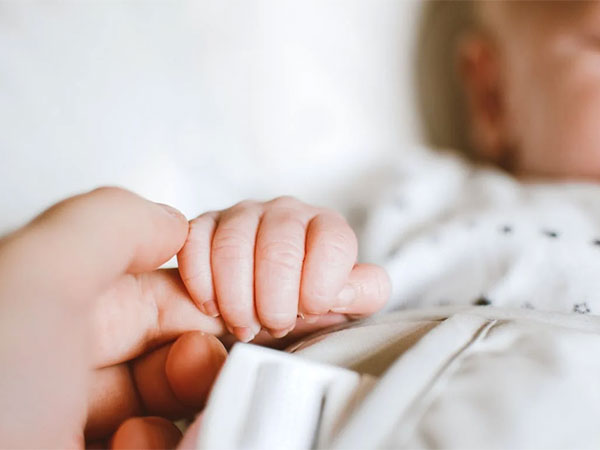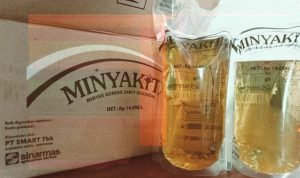New guidance states that, for the first time in England, premature babies can receive regular drug treatment on the NHS to prevent blindness.
Injections of ranibizumab can effectively halt the scarring resulting from abnormal blood vessel growth at the back of the eye.
As an alternative to laser therapy, which may not be appropriate for extremely small infants at risk of retinopathy of prematurity (ROP), injections of ranibizumab offer a potential solution to this sight-threatening condition affecting the retina. With the appropriate treatment, ROP can be preventable.
All premature and low-birth-weight babies undergo eye screening to detect retinopathy of prematurity (ROP). Approximately one in 20 infants may require treatment to prevent potential damage that can result in vision loss.
Excessively high levels of a certain substance can cause the development of abnormal blood vessels that transform into scar tissue in the retina. The retina plays a crucial role in detecting light and transmitting signals to the brain, enabling vision.
Millie Swan, born prematurely at 23 weeks, experienced the development of retinopathy of prematurity (ROP). At three months old, the condition worsened significantly in her left eye, necessitating immediate treatment to preserve her vision.
However, when doctors administered the sedative to prepare Millie for laser treatment, she displayed an adverse reaction and was unable to tolerate it, thereby preventing the commencement of the procedure.
Natalie, Millie’s mother, expressed, “At that moment, we believed she would lose her vision in her left eye. However, we were fortunate to be offered a new treatment option—an injection directly into the eye.”
“I was present throughout the procedure to support Millie. Her eye needed to be clamped open, a familiar sight during her assessments. The treatment itself took only a few minutes, much faster than laser surgery would have been. Following the procedure, Millie required a couple of days to recover,” shared Millie’s mother, reflecting on the experience.
Millie’s mother shared, “With Millie turning three in July, her eyesight is now normal, and she finds joy in perusing pictures in her books and spotting airplanes in the sky.” She continued, “We feel incredibly fortunate that Millie had this procedure, preventing what could have been certain blindness in her eye. Additionally, we are overjoyed that other families will now have access to this treatment, bringing hope to more children in need.”
Millie, who will turn three in July, now has normal eyesight and takes delight in exploring pictures in her books and observing airplanes in the sky. Millie’s mother expressed immense gratitude for her daughter’s successful procedure, which prevented almost certain blindness in her eye. Furthermore, she is elated that other families will now have the opportunity to benefit from this treatment as well.
According to Amanda Pritchard, NHS chief executive, “The consequences of vision loss can be incredibly devastating, especially for children and young individuals. Therefore, it is truly remarkable that this treatment will now provide families nationwide with an additional life-changing option to safeguard their child’s precious eyesight.”
In addition, she emphasized, “The nationwide adoption of this vital treatment for infants who are unable to undergo laser therapy marks a significant advancement in preventing avoidable vision loss.”
Peter Bradley, representing the premature baby charity Bliss, expressed his enthusiasm, stating, “The nationwide implementation of this sight-saving treatment is truly fantastic. Retinopathy of Prematurity has a significant impact on many premature infants and can escalate to a critical condition.”
Source : bbc.com







